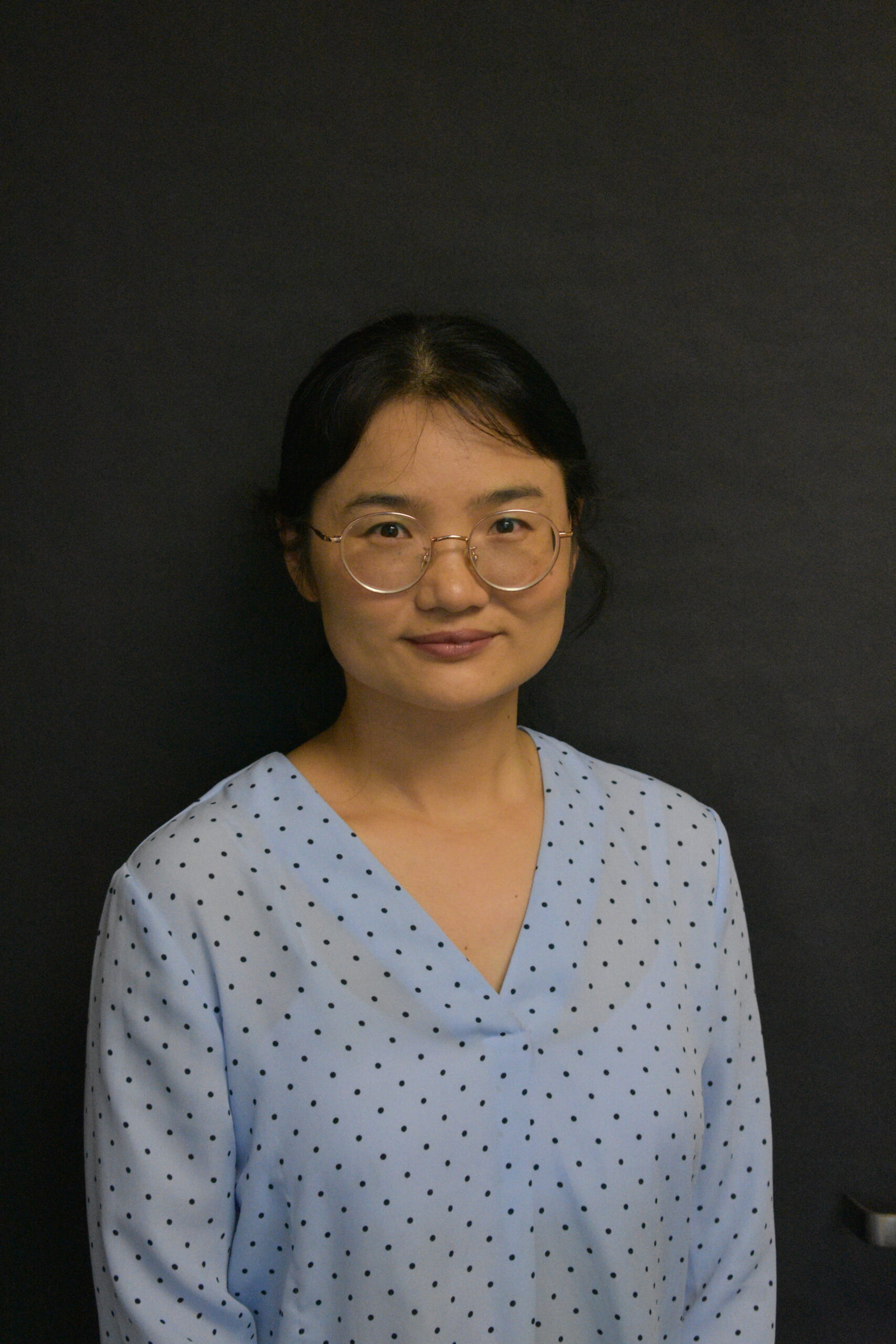Finding Logic in Complex Systems
An Interview with Abstract Presenter and 2023 Kosaka Top Scholar Finalist – Dr. Ling-sha Ju
 Ling-sha Ju, MD
Ling-sha Ju, MD
PhD student/PhD candidate
Dept. of Anesthesiology
College of Medicine
University of Florida
Gainesville, FL
Abstract Title:
Neonatally sevoflurane-exposed and unexposed male rat cagemates affect each other’s neurodevelopmental phenotypes
Category: Neuroscience in Anesthesiology and Perioperative Medicine
Poster #: 60
Poster Presentation:
Poster Session H, Saturday, April 15, 3:00 pm – 4:00 pm MT, Centennial A-D, The Hyatt Regency Denver at Colorado Convention Center
Oral Presentation:
Kosaka Best Abstracts Awards Session, Sunday, April 16, 2023, 9:30 am – 11:00 am, Centennial E-H, The Hyatt Regency Denver at Colorado Convention Center
Ling-sha Ju, MD, a PhD student and PhD candidate, does not shy away from complex problems. In fact, she views them as an opportunity to arrange the complexity into something logical or understandable. In her current research testing whether neonatal exposure to sevoflurane-induced neurobehavioral abnormalities can be transmitted through cohabitation, she is attempting to do just that. She doesn’t plan to stop there with her investigation of this complex issue, but hopes her research will eventually lead to a better understanding of how the brain functions. Her ambitious work has been recognized with the distinction of Kosaka Top Scholar Finalists at the IARS 2023 Annual Meeting. Below, she delves into her research and its potential for the field of anesthesia and patient care.
1. For this research, you are…
Investigator
2. What drew you to the anesthesiology specialty and this area of research?
An opportunity to positively affect lives of millions of patients and to contribute to understanding of brain functioning.
3. What are the goals you most want to accomplish in your work with this research project (or projects)?
The goal of this study was to test whether neonatal exposure to sevoflurane-induced neurobehavioral abnormalities can be transmitted through cohabitation. Now, as we received an initial proof of this new phenomenon in male rats, it is equally important to test whether this phenomenon is applicable to females, especially considering that existing experimental data point to sex-dependent neurobehavioral effects of general anesthetics. Also, because humans tend to leave their families in late teen age to live with peers, it will be important to test how phenotypes acquired through cohabitation of neonatally sevoflurane-exposed and unexposed littermates are affected by separation of these littermates at weaning and subsequent cohousing with naive cagemates. Definitely, it is very important to investigate the mechanistic basis of this phenomenon, because transfer of neurobehavioral abnormalities by way of living together may be important well beyond the field of anesthesiology.
4. What is the potential impact of your research on the field of anesthesia and patient care?
I am first author on a number of publications, several of which were among those suggesting new directions in the field of studies of safety of general anesthetics, such as epigenetic effects of general anesthetics, intergenerational effects of general anesthetics, and transmission of neurobehavioral effects of general anesthetics through social interaction. I hope these studies will inspire other researches and will ultimately lead to a fuller understanding of all mechanistic effects of general anesthetics and therefore safer anesthesia.
5. What are the benefits of presenting your research during poster sessions at the IARS Annual Meeting?
Presenting at the IARS Annual Meeting will provide me with invaluable experience of disseminating my research, helpful feedback from the experts in the field, and an opportunity to learn about the latest trends in the field of general anesthesia research. Collectively, this will have immense impact on my professional development and my future contributions to the field.
6. How do you feel about being recognized as one of the top scholar finalists for the Kosaka Best Abstracts at the IARS 2023 Annual Meeting?
It’s a great honor and, most importantly, a stimulus and encouragement to establish myself as a productive researcher in the general anesthesia research field and, ultimately, as a physician scientist.
7. Is there anyone else you wish to acknowledge as part of this research team?
I am grateful to all members of our research team for their contributions to this project. I would like to express my heartfelt thanks to my mentor, Prof. Anatoly Martynyuk, for his invaluable insights, guidance and support throughout this and all other projects in our laboratory.
8. Outside of your research, what might someone be surprised to learn about you?
I enjoy finding logic in complex systems.
“Presenting at the IARS Annual Meeting will provide me with invaluable experience of disseminating my research, helpful feedback from the experts in the field, and an opportunity to learn about the latest trends in the field of general anesthesia research. Collectively, this will have immense impact on my professional development and my future contributions to the field.”
– Ling-sha Ju, MD, Abstract Presenter and 2023 Kosaka Top Scholar Finalist
International Anesthesia Research Society
